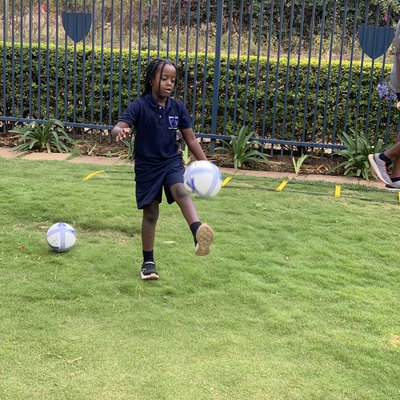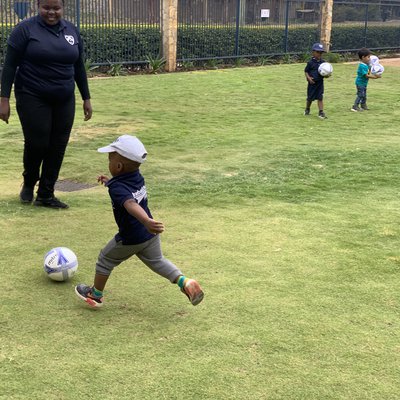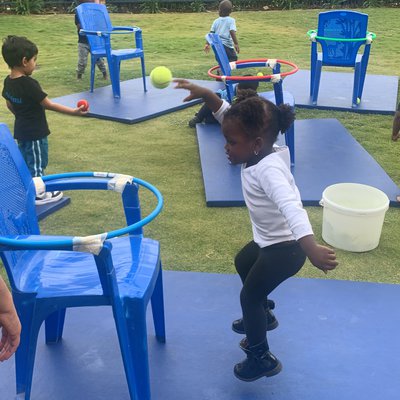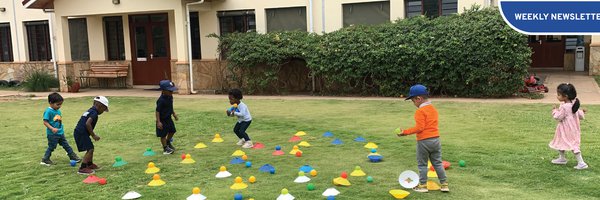
The Crucial Role of Gross Motor Skills in Child Development
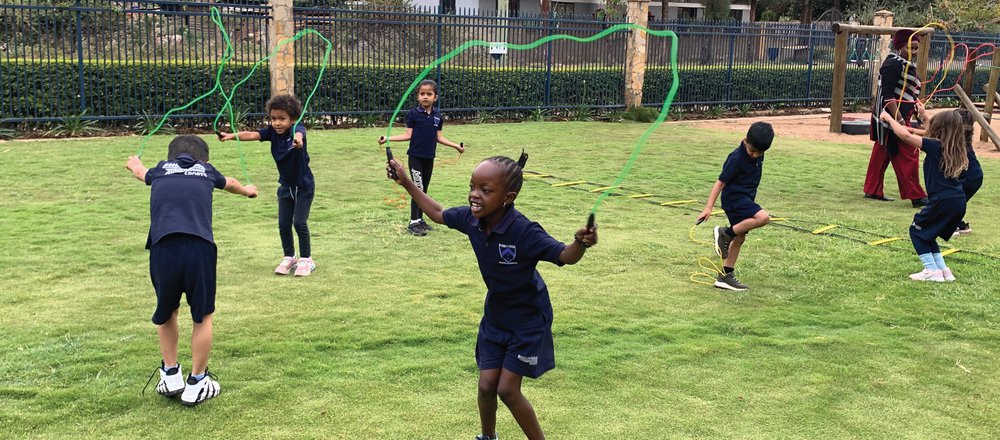
5th October 2023
In the journey of a child's development, few aspects are as crucial as their gross motor skills. These skills encompass the fundamental abilities required for whole-body movement, involving the large core stabilising muscles. From standing and walking to running, jumping, and even the eye-hand coordination necessary for activities like throwing, catching, and kicking, gross motor skills play a pivotal role in a child's physical and cognitive growth.
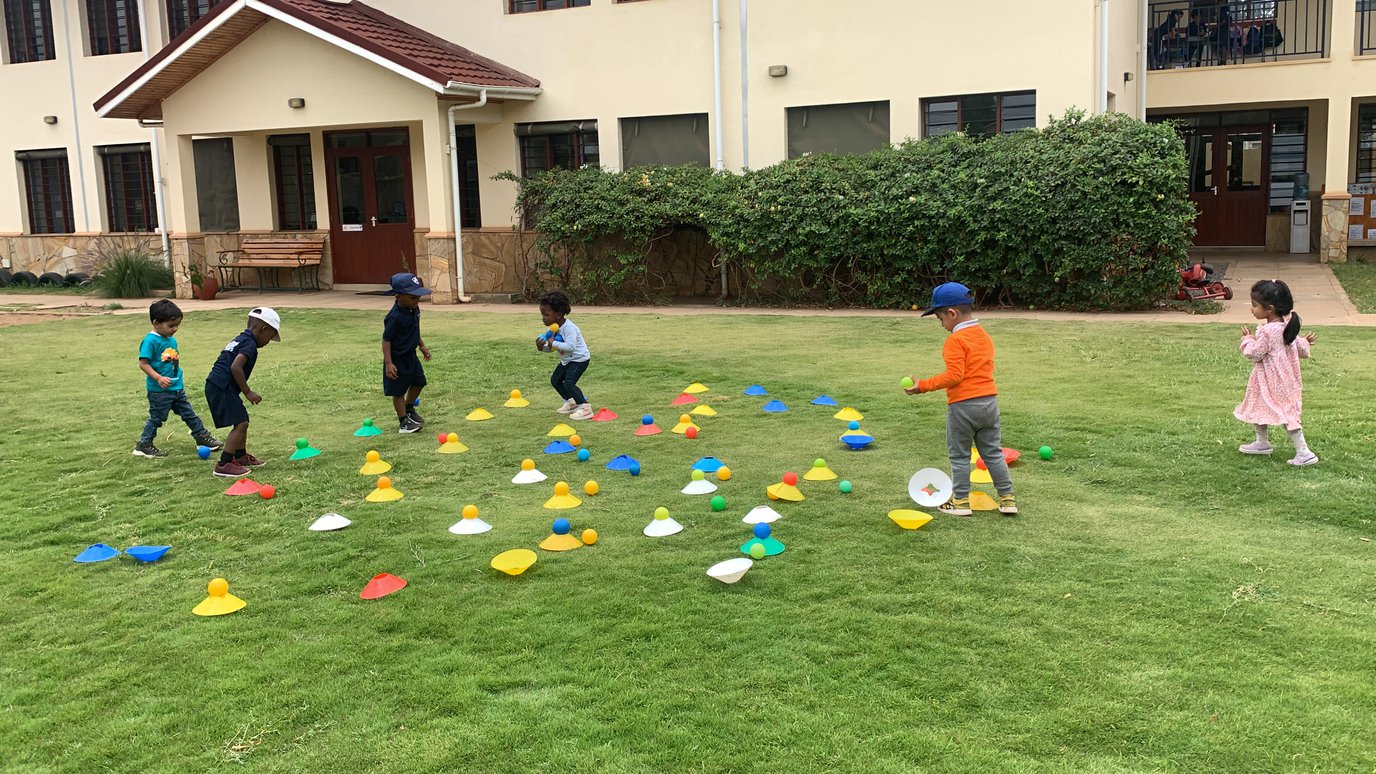
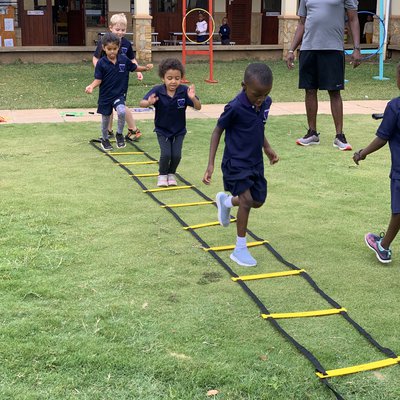
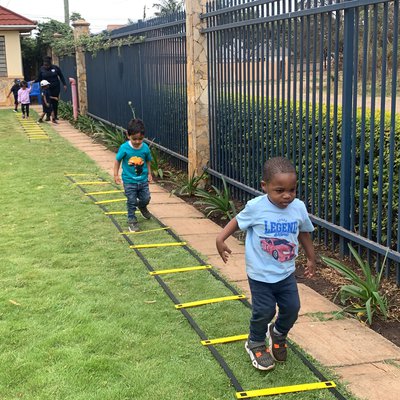
The Importance of Gross Motor Skills
Everyday Functions: Gross motor skills are the building blocks of everyday life. From the moment a child learns to stand on their own two feet, these skills become integral to performing basic tasks. Walking, running, and climbing are all activities that rely heavily on gross motor development. Without these abilities, simple actions like getting in and out of bed, climbing into a car, or even dressing become challenging for a child.
Playground and Sporting Skills: Childhood is synonymous with play, and playgrounds are where children learn to push their physical boundaries. Climbing, swinging, and navigating various play equipment all require strong gross motor skills. Developing these skills at an early age can foster a love for physical activity that lasts a lifetime.
Academic Learning: Surprisingly, gross motor skills have a profound impact on a child's academic journey. The ability to maintain appropriate posture while sitting at a desk directly influences a child's attentiveness and focus in the classroom. A child who struggles to sit upright may find it challenging to engage in fine motor tasks like writing, drawing, or cutting. Hence, strong gross motor skills lay the groundwork for academic success.
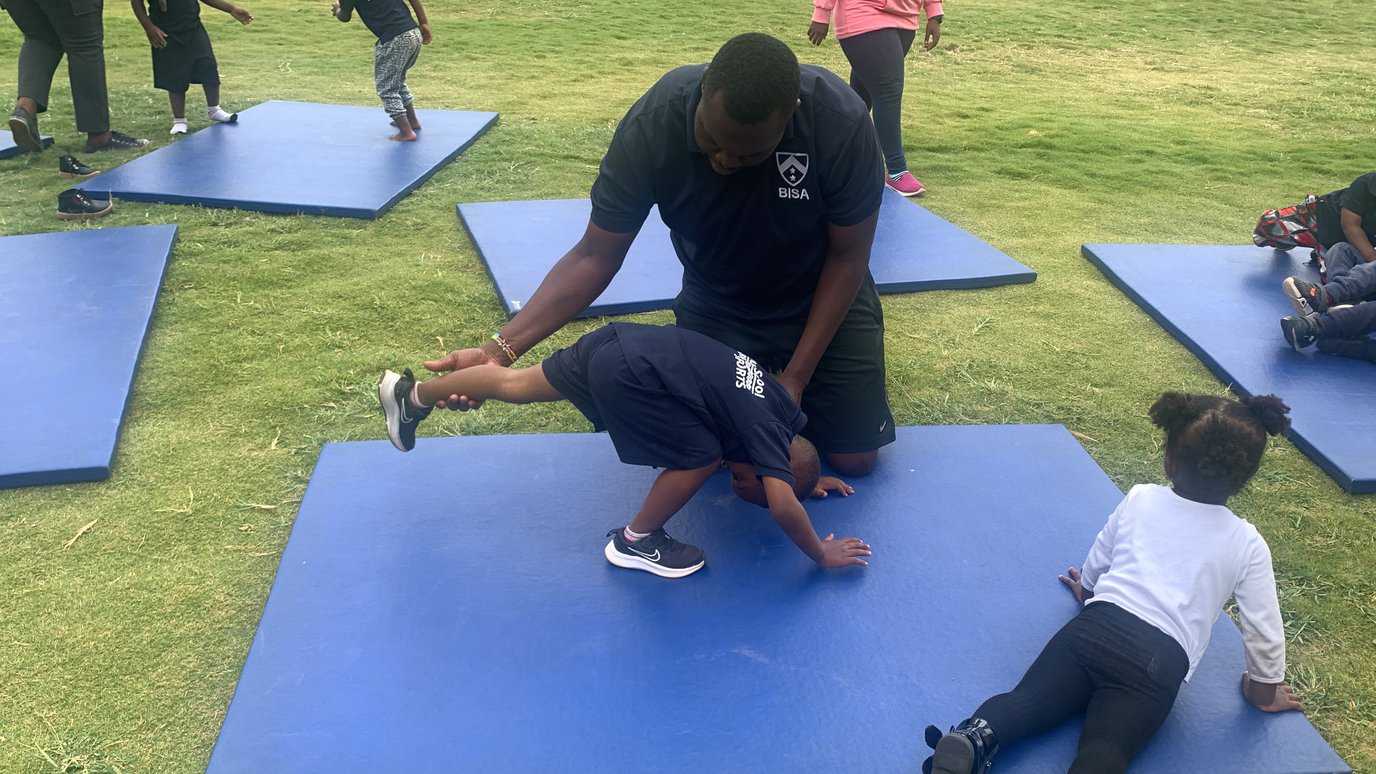
Endurance and Navigation: Imagine a typical school day for a child: sitting at a desk, moving between classrooms, carrying a heavy school bag, and playing during recess. All these activities demand significant physical endurance. Gross motor skills determine a child's ability to cope with the physical demands of a school day. Moreover, these skills are essential for navigating the school environment safely.
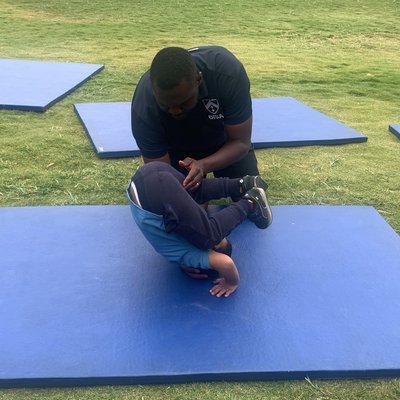
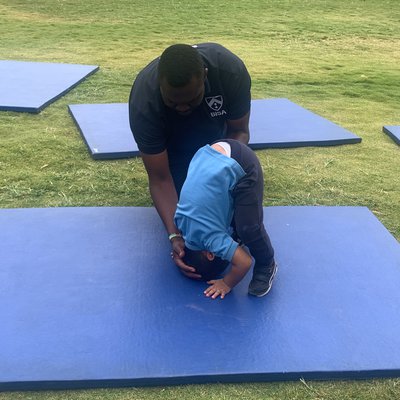
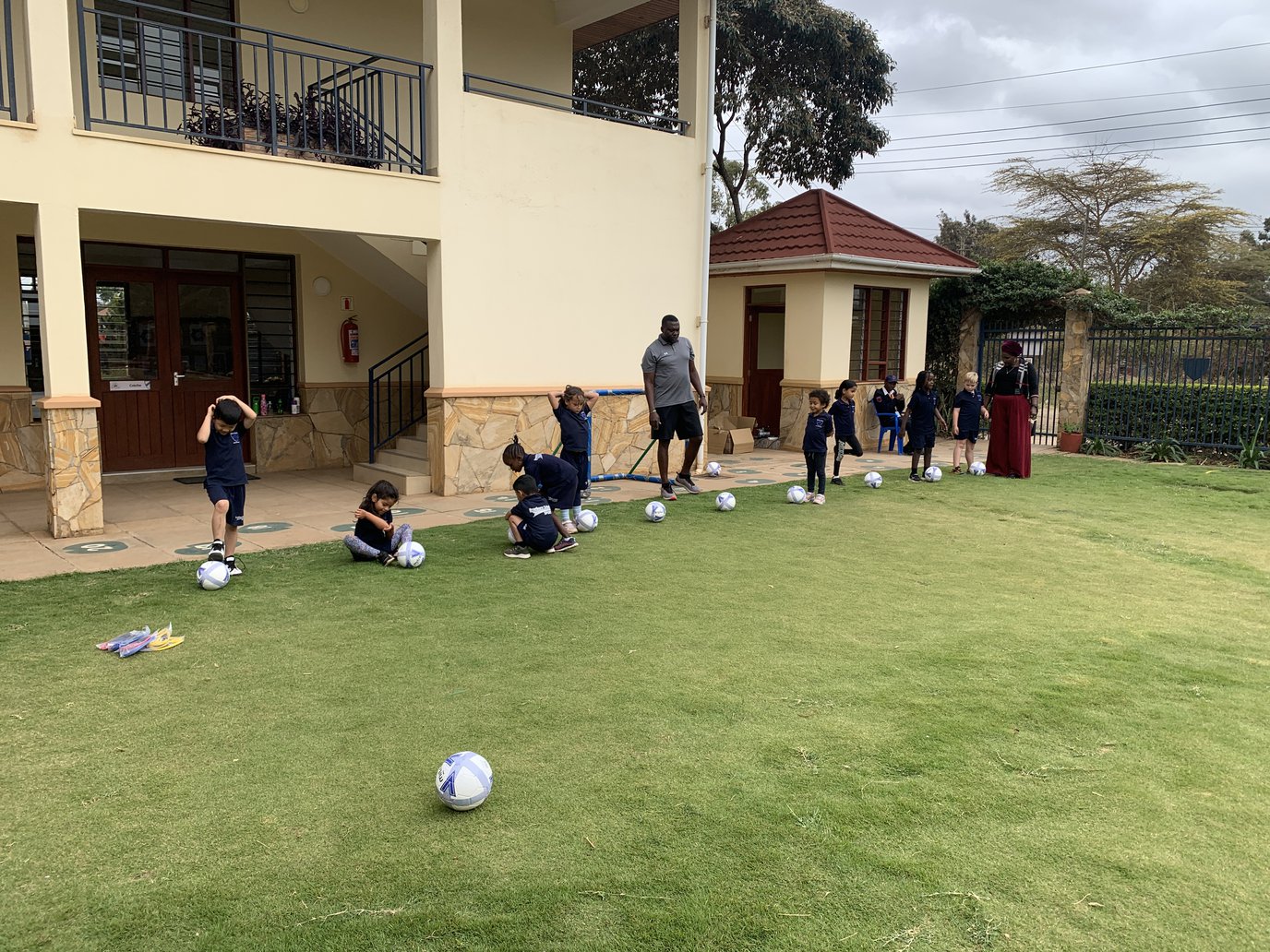
Everyday Tasks: Beyond school, gross motor skills are indispensable for various day-to-day tasks. Eating, packing away toys, and using the toilet or potty all require a level of physical coordination and stability. A child with underdeveloped gross motor skills may face difficulties in these essential self-care activities.
In the early years of a child's life, the development of gross motor skills is paramount. These skills lay the foundation for physical competence, cognitive growth, and overall well-being.
They enable children to tackle everyday tasks, participate in recreational activities, excel academically, build endurance, and navigate their environment with ease. As caregivers, parents, and educators, it is our responsibility to foster and support the development of these skills, ensuring that every child has the opportunity to reach their full potential. Recognising the significance of gross motor skills in the early years is the first step in nurturing a child's holistic development.
Article by Fiona Kombe
